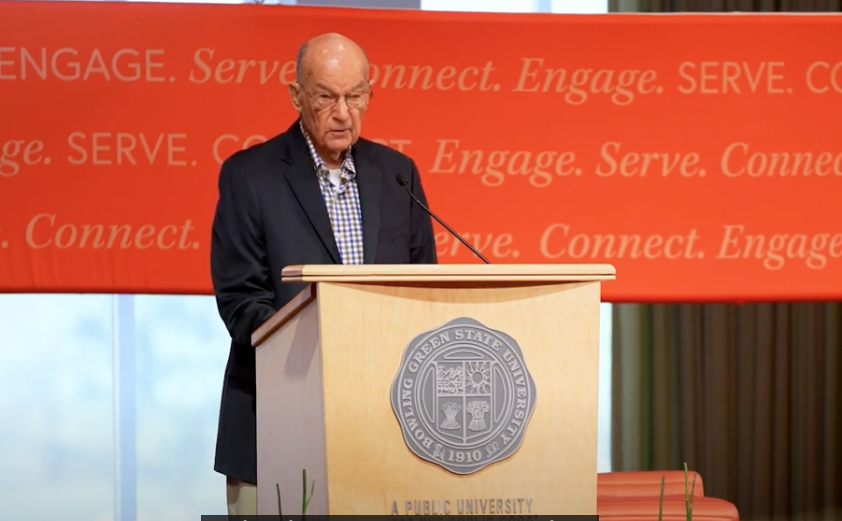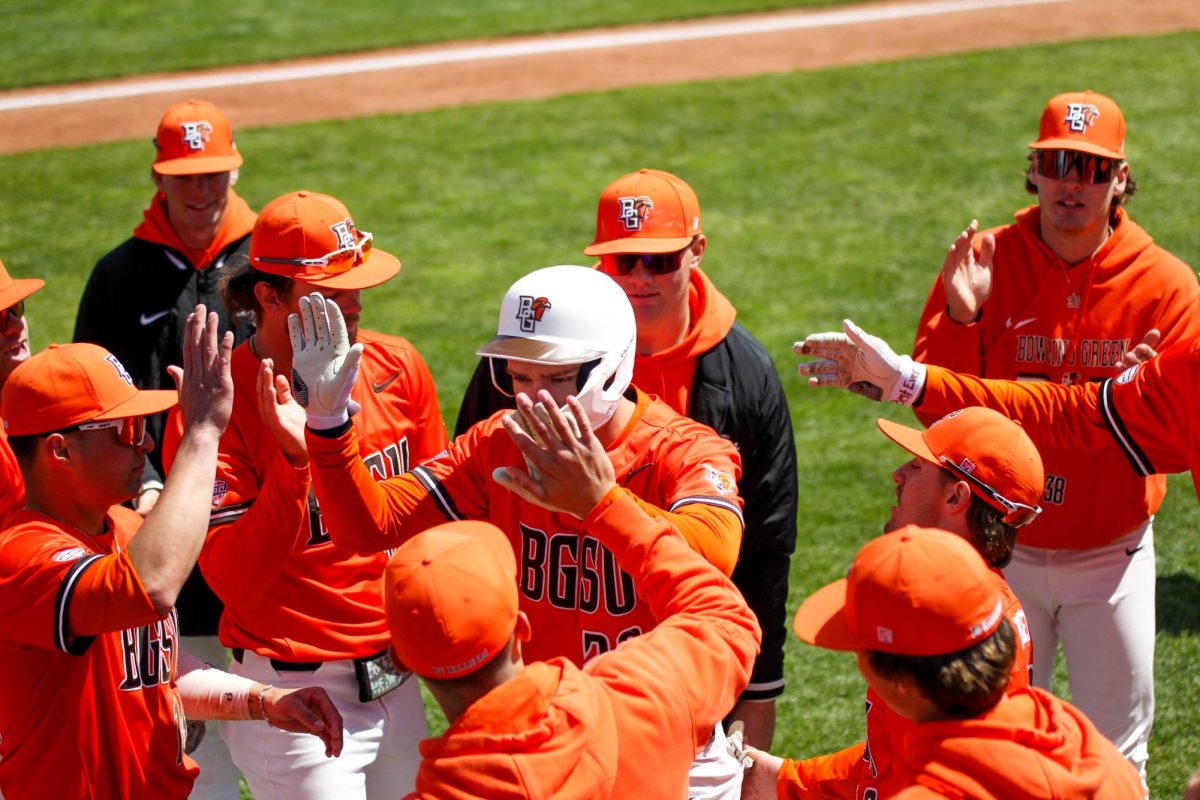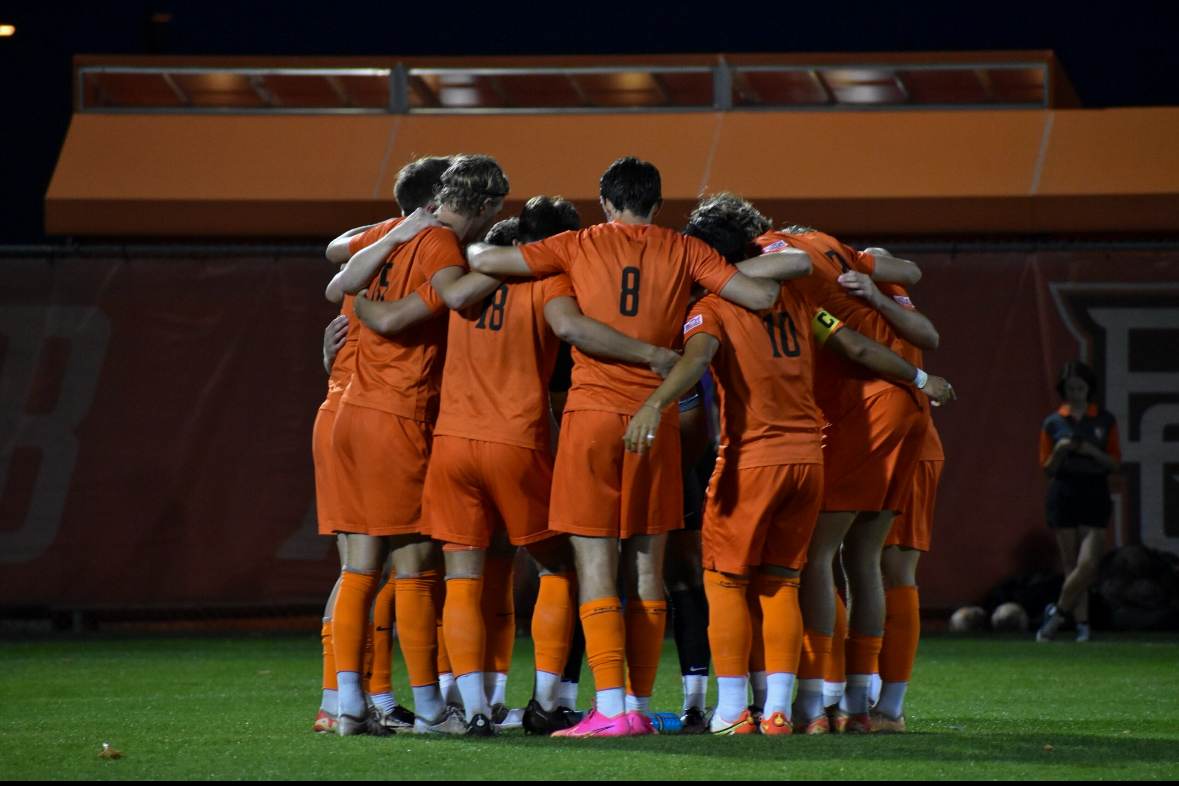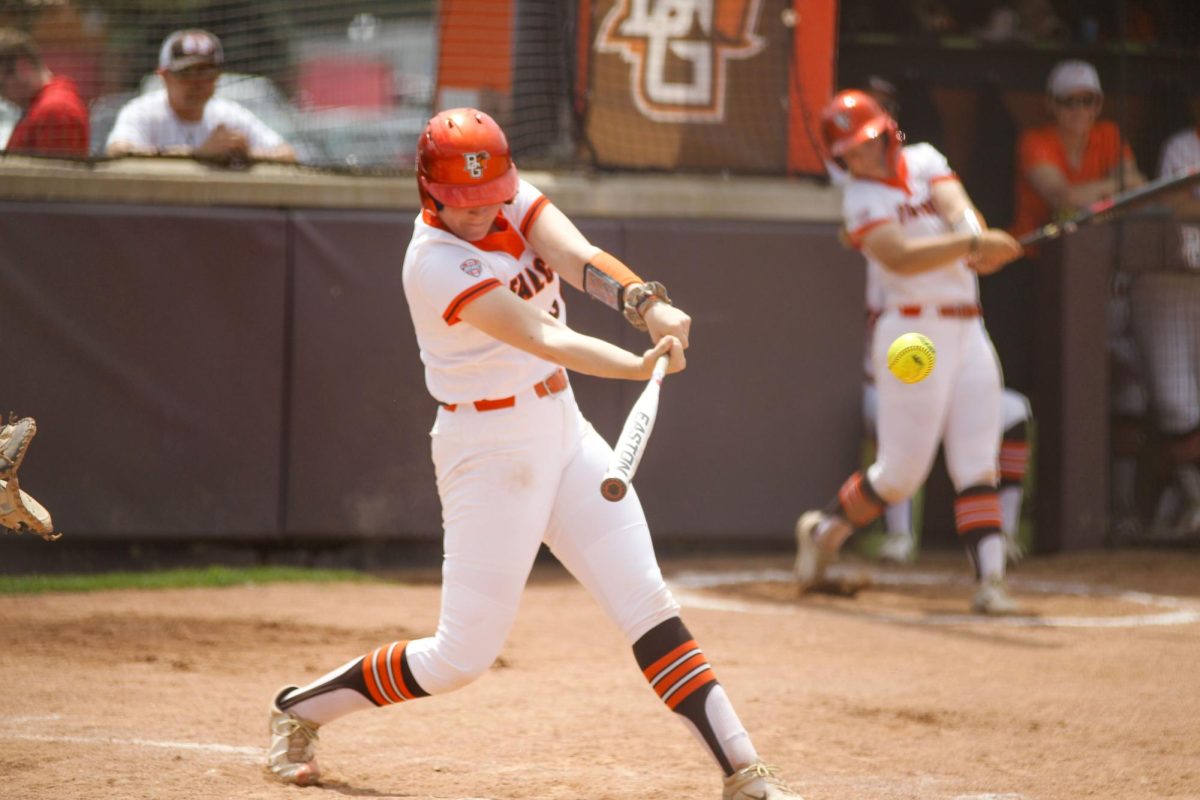Eighteenth-Century Britain thrust mankind into an era aptly titled the Industrial Revolution.
The Industrial Revolution was an era when agrarian animal-based society was replaced with a mechanized society. Advances in technology led to advanced agricultural techniques that gave Western Europe huge surpluses in food and raw materials.
The Industrial Revolution led to an explosion in human populations in cities around the world. The revolution created an empire out of Britain and helped turn America into the economic behemoth it was destined to become. The foundation and infrastructure that facilitated some of mankind’s most daring exploits were built on the groundwork of the Industrial Revolution, which facilitated resurged efforts by nations to colonize the rest of the world and gain natural resources.
Yet, amidst this nation building and conquering, society’s lifestyles improved only slightly and populations grew exponentially. The thing the revolution didn’t completely destroy was poverty. Poverty would increase in many countries that never had it, especially in the developing world. In developed countries, the conditions of poverty would be largely eradicated, but even then large numbers of people would still be ignored by the gains of the Industrial Revolution.
It’s sad to find that even in today’s digital revolution, we are still grappling with increased poverty levels in both developing and developed countries. Sure, British poverty levels are better than those during Victorian England, as described in Charles Dickens’ ‘Oliver Twist.’ Yet the truth is that in these powerful industrialized countries, poverty is real. The fact that poor people still exist should shame all societies, industrialized and developing. It should shame us as a sign of a misappropriation of priorities. Nations are too busy trying to build their nuclear arsenals, fight terrorism and get oil that we have lost sight of providing people with an ability to sustainably feed themselves.
One of the many causes of poverty is how nations define it – a hungry homeless person walking in Toledo is quite different from a child in southern Sudan or India. Poverty has different faces, but generally has more similarities than differences. Defining what it really means to be poor, regardless of the context, probably doesn’t mean anything to the poor mother in some Favela in Sao Paolo or in some Parisian ghetto.
Yet the reality is that how a society chooses to define poverty shades how it chooses to respond to it. Many societies usually create a so-called poverty line, a kind of marker below which people are declared poverty-stricken. This marker will vary, but generally poverty stricken people are plagued by extreme levels of hunger, illiteracy, lack of health and decent housing.
Inaction still follows these definitions. We have all heard grand speeches at the UN or by heads of state, promising to make sure everyone lives above the poverty line. Inaction accompanies these promises, the result of many of the wealthier people being lulled into believing that because poverty isn’t in their immediate vicinity, it doesn’t need to be dealt with, or politicians spending their time perpetuating wars that create more poor people.
The causes of poverty tend to be the same in developed and developing nations. In many cases, the poor are blamed for their situation by wealthier members of society. The truth is, many people work but don’t earn the type of wages that would allow them to escape poverty in their respective societies.
One thing that connects poverty around the world is that it tends to be the same people that society marginalizes. Victims of poverty are normally ethnic minorities, children, women and the elderly.
Society’s age-old perception of poor people has also further eroded society’s ability to solve poverty. One common presumption heavily linked to racism is that poverty is the result of some pathology or deviance. In other words, the poor person’s behavior or state of being is abnormal and has lead to poverty.
The poor are often viewed as unmotivated, rebellious, apathetic, stubborn, unskilled and illiterate. We get to a point where societies think the cure lies in changing the person, meaning many feel it was through ethical conduct and moral values that poverty can be alleviated. Leaders choose to reject structural modifications in favor of the poor because they view poverty as a behavioral problem.
Societies are heavily structured to favor the interests of the policy makers, governors and the rich. As citizens of countries, all those that realize that poverty in the world is one of the greatest sins on the planet. People should pressure governments worldwide to quit squabbling about oil, nuclear proliferation and war.
Poverty is modern society’s oldest problem and most ignored, as compared to the man-hours spent on inventing frivolous toys like sports cars that go really fast and serve no real purpose.
Respond to Hama by commenting below or email to [email protected]

















